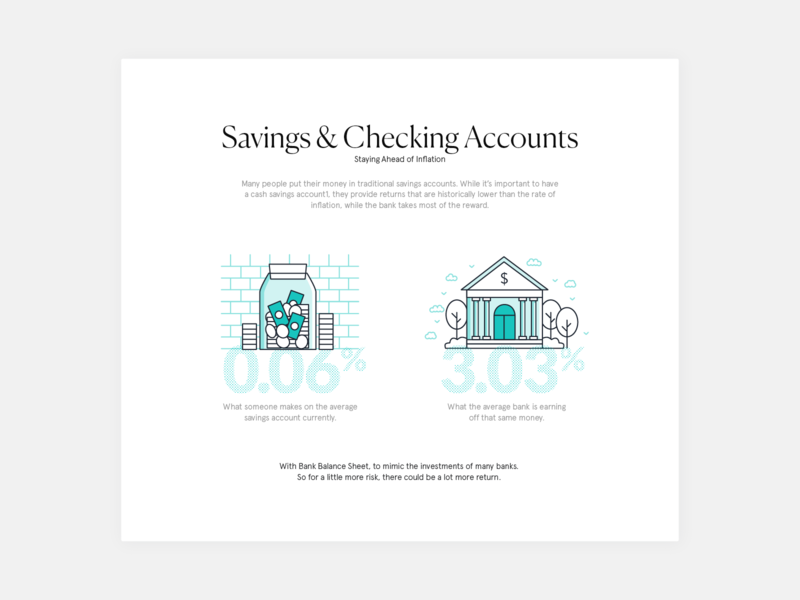The Consequences Of Falling Short To Fulfill Performance Bond Obligations
The Consequences Of Falling Short To Fulfill Performance Bond Obligations
Blog Article
Content Create By-
When a guaranty issues a performance bond, it ensures that the principal (the celebration that buys the bond) will satisfy their obligations under the bond's terms. If the primary falls short to satisfy these commitments and defaults on the bond, the surety is in charge of covering any kind of losses or problems that result.
1. Loss of reputation: Defaulting on a performance bond can damage the principal's track record and trustworthiness, making it harder to protect future business or funding.
2. Legal and administrative costs: The guaranty might require to pay legal and administrative expenses related to seeking the principal for damages or attempting to fix the scenario.
3. Monetary losses: The surety may require to cover the cost of finishing the task or providing the services that the principal fell short to provide. This can cause significant economic losses for the surety.
4. Boosted premiums: If the principal has a history of back-pedaling efficiency bonds, they may be needed to pay greater premiums in the future to acquire the essential bonding.
Generally, back-pedaling a performance bond can have major financial repercussions for both the principal and the surety. It's important for principals to meticulously consider their commitments and ensure they are able to meet the regards to the bond to stay clear of these negative outcomes.
Back-pedaling an efficiency bond can be a pricey mistake for companies. When you fall short to satisfy the bond's commitments, the economic effects can be considerable. From paying the complete bond amount to prospective lawful fights and damaged relationships, the consequences can resound throughout your company procedures. Recognizing the complex internet of monetary influences that back-pedaling a performance bond can have is critical for securing your firm's economic health and track record.
Financial Penalties for Defaulting
If you back-pedal an efficiency bond, you'll likely encounter significant financial penalties. These penalties can differ depending upon the regards to the bond contract however often entail paying the bond amount completely to the obligee. visit the up coming website indicates that if you fall short to satisfy your contractual obligations, you need to pay the bond total up to the task proprietor or the entity that needed the bond.
Additionally, you might also be in charge of any type of extra expenses sustained by the obligee because of your default, such as locating a replacement contractor or covering project delays.
Back- https://www.deccanherald.com/business/union-budget/surety-bonds-instead-of-bank-guarantees-in-govt-procurements-fm-1076922.html can also result in lawful fees and court expenses if the obligee makes a decision to take legal action against you to recuperate the bond quantity. These expenses can swiftly build up, further worsening the economic impact of your default. It's necessary to very carefully review and understand the terms of the performance bond to prevent these extreme punitive damages.
Impact on Organization Cash Flow
Defaulting on an efficiency bond can substantially impact your organization cash flow, impacting financial stability and functional capabilities. When you back-pedal a performance bond, you take the chance of shedding the bond amount, which can be a considerable sum. This loss straight impacts your cash flow, as you'll require to locate different sources of moneying to cover the bond quantity. Moreover, failing can cause raised scrutiny from guaranties, making it harder and more costly to secure bonds in the future. This can better strain your cash flow as you may need to allot extra resources to fulfill bonding requirements.
The impact on your cash flow does not stop there. Back- https://commercialbuildoutcosts84776.getblogs.net/58858355/prepare-yourself-to-find-the-key-methods-for-growing-your-riches-with-utility-bonds-crucial-understandings-wait-for can likewise result in task hold-ups or cancellations, bring about a loss of income. In addition, the unfavorable reputation that features skipping can deter prospective clients, additionally lowering your cash flow. Overall, defaulting on a performance bond can have destructive results on your company's economic health and wellness and capacity to run smoothly.
Legal Implications and Suits
Facing legal ramifications and prospective suits as a result of defaulting on an efficiency bond can substantially affect your business's track record and economic standing. When you default on an efficiency bond, the guaranty firm may take legal action to recoup the bond amount paid out. This can lead to expensive lawful charges, court expenditures, and potential settlements or judgments versus your organization.
Furthermore, back-pedaling a performance bond might cause harmed relationships with clients, subcontractors, and providers, influencing your capacity to protect future contracts. Legal actions occurring from bond defaults can stain your business's integrity in the industry, making it testing to attract brand-new partners or customers.
In addition, if the default leads to a court judgment versus your organization, it can cause asset seizure or liens, further stressing your economic security. Therefore, it's essential to comprehend the legal implications of defaulting on an efficiency bond and take positive actions to mitigate the threats involved.
Verdict
As you deal with the effects of back-pedaling a performance bond, remember this: it resembles walking a tightrope without a safety net. One wrong relocation can send you plunging right into an economic freefall, with no means to stop the loss.
The punitive damages, cash flow impact, and lawful ramifications are all waiting to capture you if you slip up. So step carefully, and always recognize your commitments to avoid the harsh effects of default.
